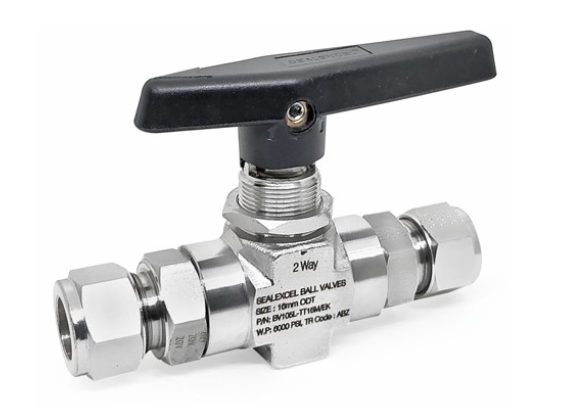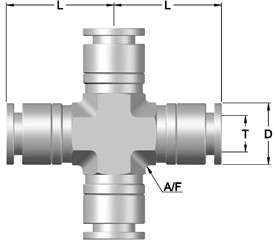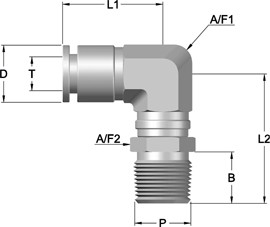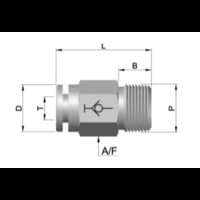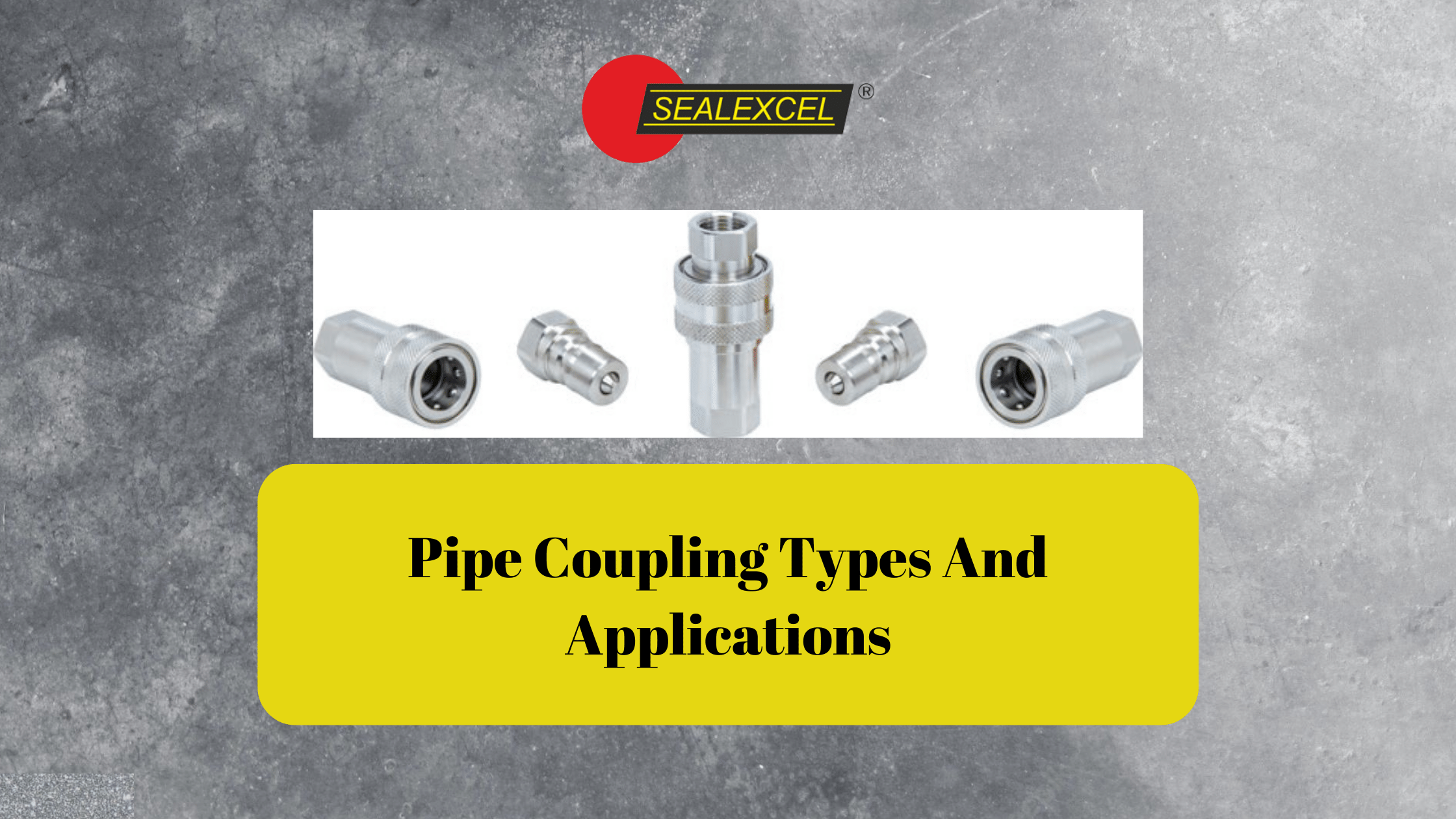
Pipe Coupling Types And Applications
December 2, 2022Coupling Pipe Fittings Understanding the Basics
October 21, 2023Ball valve might not be the flashy stars of the fluid control world, but they’re the reliable backbone of countless industries. These unassuming devices provide precise control over the flow of liquids and gases, making them indispensable in a variety of applications. In this guide, we’ll take a closer look at ball valves—how they operate and where they shine.
Getting to Know Ball Valve
The Inner Workings
Imagine a hollow ball with a hole drilled through its center, placed snugly within a valve body with inlet and outlet ports. This ball is connected to a handle or an actuator, allowing it to be turned by 90 degrees. When the hole in the ball aligns with the ports, fluids or gases can flow through. It has a 90-degree twist, and the flow is completely blocked.
How They Operate
Ball valve are simple yet effective. When you turn the handle or actuator, the ball inside the valve turns with it. In the open position, the hole lines up with the ports, allowing fluid or gas to flow through. Twist it to the closed position, and the hole is perpendicular to the ports, cutting off the flow.
Types of Ball Valve
Not all ball valve are created equal. There are three main types:
- Full Port Ball Valve: These valves have a ball bore size equal to the pipe diameter. They minimize flow resistance and are perfect when low flow restriction is essential.
- Reduced Port Ball Valve: In these valves, the ball bore is smaller than the pipe diameter. While they offer less flow capacity, they’re more budget-friendly and ideal for applications where high flow rates aren’t crucial.
- V-Port Ball Valve: With a specially shaped ball featuring a V-notch, these valves allow precise control of flow rates. They’re perfect for applications that require modulating control.
When to Choose Ball Valve
Ball valve are versatile and fit into many scenarios. Here are some situations where they shine:
- Quick On/Off Applications
Ball valves are excellent for on/off applications where rapid and dependable shut-off is necessary. You’ll find them in plumbing systems, ready to tackle emergencies efficiently.
2.High-Pressure Environments
In high-pressure systems like those in the oil and gas industry, ball valve excel. Their robust design and sealing capabilities make them reliable under extreme pressure, preventing leaks.
- Hostile or Corrosive Conditions
Industries dealing with corrosive fluids, such as chemical manufacturing, rely on ball valves made from corrosion-resistant materials like stainless steel or PVC. These materials ensure durability and protect against deterioration.
Ball valves are known for their low maintenance requirements. Their straightforward design means fewer components that can wear out or fail, translating to fewer servicing needs.
- Limited Space
In applications with space constraints, ball valves are a perfect fit due to their compact design. They find homes in confined areas like ship engine rooms and aircraft systems.
- Food and Beverage Industry
Sanitary ball valves with smooth, crevice-free surfaces are popular in the food and beverage sector. Easy to clean and maintain, they safeguard product quality and prevent contamination.
- Water Treatment
Water treatment plants rely on ball valves to control water flow through various treatment processes. Their capacity to handle fluctuating flow rates and pressures is vital in this crucial sector.
Advantages of Ball Valves
Let’s recap the advantages of using ball valves:
- Swift Operation: Ball valves can be quickly opened or closed with a 90-degree twist, making them ideal for situations where rapid shut-off is necessary.
- Reliability: Their uncomplicated design means ball valves are less prone to failure, ensuring dependable long-term operation.
- Versatility: They can manage a variety of fluids, including corrosive and abrasive materials, and are suitable for various temperatures and pressures.
- Minimal Maintenance: With fewer components, ball valves demand minimal maintenance, saving time and resources.
- Durability: High-quality ball valves can enjoy a long service life, even in demanding environments.
Conclusion
In conclusion, ball valves are the unsung heroes of fluid control. Their simplicity, reliability, and adaptability make them suitable for a wide array of applications, from household plumbing to heavy-duty industrial processes. Understanding how ball valves operate and when to employ them is crucial for achieving efficient and trouble-free fluid management across diverse industries. Whether you need rapid shut-off, resistance to high pressures, or the ability to handle corrosive materials, ball valves provide dependable solutions that can be trusted day in and day out.

